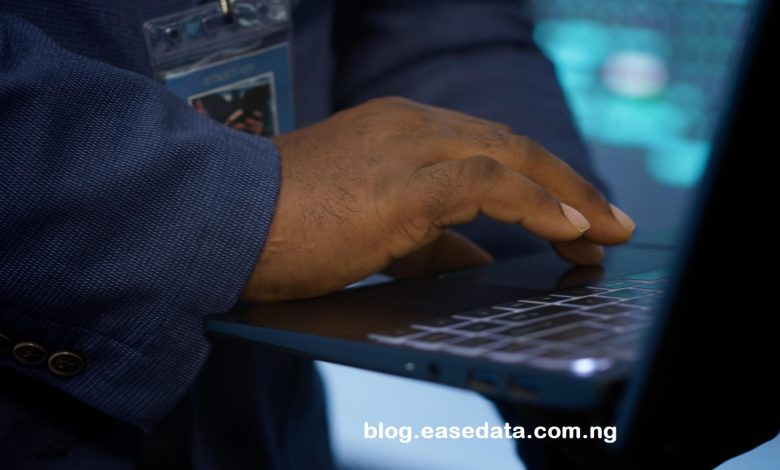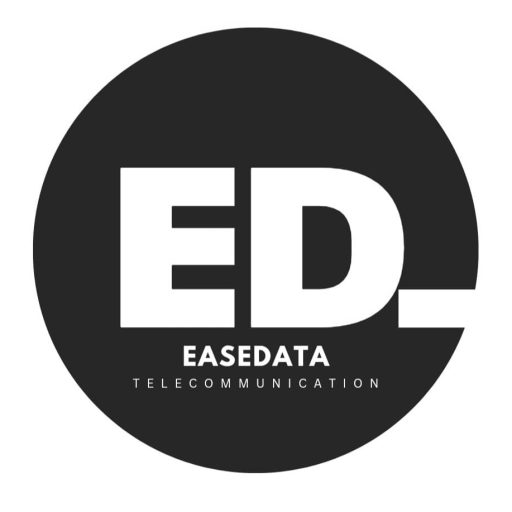Safeguarding Your Online Privacy in Nigeria: Essential Tips and Tools
Practical Strategies to Protect Your Personal Information in the Digital Age

How to Protect Your Online Privacy in Nigeria
In today’s digital world, online privacy has become a major concern, especially in Nigeria, where internet usage continues to soar. With cybercrimes like identity theft, phishing, and hacking on the rise, it’s crucial to take steps to safeguard your personal information. Here are essential strategies to help you protect your online privacy and ensure that your digital footprint remains secure.
1. Use Strong, Unique Passwords
A strong password is your first line of defense against unauthorized access. Avoid using simple passwords like “123456” or “password” and opt for a mix of uppercase and lowercase letters, numbers, and symbols. It’s also important to use unique passwords for each account to minimize risks. Consider using a password manager to securely store and generate complex passwords.
2. Enable Two-Factor Authentication (2FA)
Two-factor authentication adds an extra layer of security to your online accounts. By enabling 2FA, you’ll require both your password and a secondary authentication code (usually sent to your mobile device) to access your account. This significantly reduces the chances of unauthorized access, even if your password is compromised.
3. Be Cautious with Public Wi-Fi
While public Wi-Fi networks are convenient, they are often unsecured and can be a target for cybercriminals. Avoid accessing sensitive information, such as online banking or entering passwords, while connected to public Wi-Fi. If you must use it, consider using a Virtual Private Network (VPN) to encrypt your connection and protect your data.
4. Use a VPN for Added Security
A VPN (Virtual Private Network) creates a secure, encrypted connection between your device and the internet. It masks your IP address and protects your browsing activity from prying eyes. Using a VPN is especially important when browsing on public Wi-Fi or when accessing websites with sensitive personal information.
5. Regularly Update Software and Devices
Software updates often include security patches that protect against known vulnerabilities. Regularly update your operating system, apps, and antivirus software to ensure you’re protected from the latest cyber threats. Enable automatic updates on your devices to stay up-to-date without having to remember.
6. Avoid Oversharing on Social Media
Social media platforms are gold mines for personal information, which cybercriminals can use to exploit you. Be mindful of the information you share, including your location, personal habits, and sensitive details. Always review privacy settings on your social media accounts to control who can view your posts and personal data.
7. Watch Out for Phishing Scams
Phishing attacks trick users into revealing personal information by pretending to be legitimate organizations. Be wary of unsolicited emails, texts, or phone calls asking for sensitive information. Never click on suspicious links or attachments. Always verify the authenticity of a message before responding.
8. Understand Data Protection Laws
Nigeria has made strides in improving data privacy through laws like the Nigeria Data Protection Regulation (NDPR), which aims to protect personal data. Familiarize yourself with these regulations and the privacy policies of the services you use. Always be aware of how your data is being collected, stored, and used by companies.
Conclusion: Protecting Your Privacy in the Digital Age
In an increasingly connected world, safeguarding your online privacy has never been more important, especially in Nigeria where the digital landscape continues to evolve rapidly. By adopting proactive measures such as using strong passwords, enabling two-factor authentication, and leveraging tools like VPNs, you can significantly reduce the risks of cyber threats and protect your personal information from malicious actors.
Remember, online privacy is not just about securing your devices—it’s about staying informed, being cautious, and regularly updating your security practices to stay ahead of potential threats. By taking control of your digital footprint, you ensure that your personal data remains in your hands, keeping you safe in the ever-changing online world. Stay vigilant, stay secure, and make privacy a priority in your digital life.
Frequently Asked Questions
1. What is the Nigeria Data Protection Regulation (NDPR)?
The NDPR is a regulation that governs how organizations in Nigeria collect, store, and process personal data. It aims to protect individuals’ privacy and ensure that companies handle personal information responsibly.
2. How can I tell if a website is safe?
Look for “https://” at the beginning of the website’s URL, which indicates that the site uses secure encryption. Additionally, check for a padlock icon in the browser’s address bar. Avoid websites that do not have these security measures in place, especially if you’re entering personal information.
3. Is using a VPN legal in Nigeria?
Yes, using a VPN is legal in Nigeria. However, it’s important to ensure that the VPN service you choose is reputable and secure.
4. How can I recover my hacked account?
If your account is hacked, immediately reset your password and enable two-factor authentication. Contact the service provider’s support team for assistance, and review your account for any unauthorized activity.
5. Why is online privacy important?
Online privacy is essential to protect your personal information from cybercriminals, identity theft, and exploitation. It ensures that your data is not misused by unauthorized parties and helps safeguard your reputation and security online.
By following these tips, you can significantly reduce the risk of compromising your online privacy in Nigeria and enjoy a safer and more secure digital experience.




